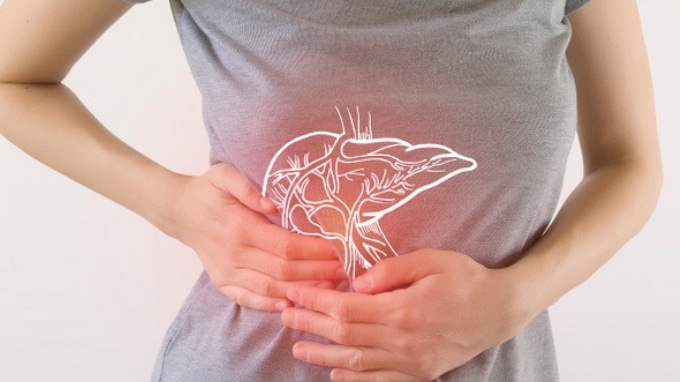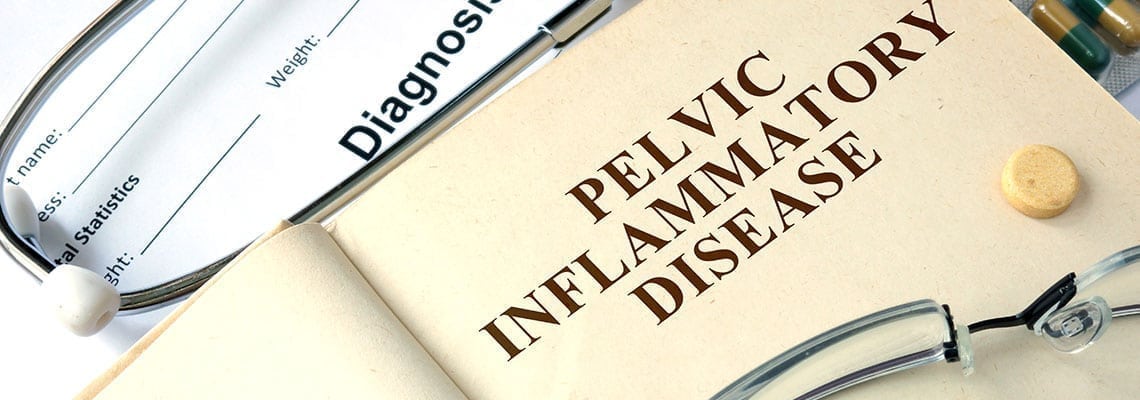When you are trying to conceive, your overall health is important. Your liver health and function can have an effect on your fertility levels.
The Liver’s Connection to Optimal Fertility
This vital organ executes several systemic functions that can affect a woman’s fertility levels. Among the liver’s primary actions is allergen and toxin filtration, the processing of nutrients consumed from foods and beverages, and hormonal regulation.
- Toxin Filtration – Potentially caustic substances enter the body through various avenues such as the respiratory and digestive tracts. Should the accumulation of these byproducts become significant, they could cause a variety of illnesses, some of which can be severe, debilitating and even life-threatening.
- Toxins can have adverse effects on any bodily system. If a woman’s reproductive system is infiltrated, this could result in disease to various reproductive organs, slowing or possibly preventing the system from properly functioning. Effects on fertility are among untoward symptoms.
- Nutritional Metabolism – Like all other bodily systems, the reproductive tract’s optimal function hinges on receiving proper nourishment. A well-functioning liver will ensure that these organs receive the vitamins, minerals and nutrients necessary to perform the reproductive process. Liver malfunctions could result in nutritional deficiencies that might render the reproductive tract malnourished and unable to perform pertinent actions.
- Hormone Balancing – Proper regulation of sexual and reproductive hormones is absolutely critical to the strength, growth and performance of female reproductive organs. Any hormonal imbalances can precipitate a host of reproductive maladies that could threaten or lessen fertility levels.
- General Well-Being – When the liver is underperforming, stricken individuals might experience a host of physical and mental manifestations such as tiredness, irritability, appetite loss, cognitive function difficulties like memory loss and lack of concentration, digestive problems and mental issues including anxiety and depression. Any of these symptoms could result in a declining interest in sex, which, of course, is paramount to the reproductive process.
Specific Ways the Liver Can Impact Female Fertility

Researchers examined laboratory mice and discovered that estrogen receptors appear most prevalently in the livers of these creatures. Additionally, the examiners studied how certain dietary changes impacted fertility. When the test subjects were placed on a restrictive diet, they experienced declining levels of hormones necessary for reproduction. However, when their caloric intake was returned to normal, especially with protein-rich foods laden with amino acids, hormonal levels stabilized as did their reproductive functions.
Researchers caution that more research on this subject is needed before any firm conclusions can be drawn. Medical professionals opine that such findings might provide a better correlation between malnourishment and infertility.
Liver-Boosting Activities
Naturally, the preceding study has encouraged a number of healthcare professionals to stress the importance of proper nutrition in women of childbearing ages. Such individuals might be able to boost liver function and thereby enhance fertility levels by engaging in other pertinent actions such as the following:
- Avoid Alcohol and Illicit Drugs – Few substances can prove of a greater detriment to the liver than alcohol when consumed excessively or illicit drugs used at all. Chronic use of these products damages liver tissue and can, over time, lead to a variety of diseases.
- Monitor Medication Ingestion – Certain prescription as well as over-the-counter pain-killing drugs can result in liver problems. This is because said substances require more time than most other systemic byproducts to be metabolized, and prodigious amounts can infiltrate and eventually harm liver tissue and interfere with optimal organ function.
- Obtain Adequate Exercise – Physical activity is vital to systemic fat accumulation. Increased body fat can tax the liver and threaten optimal function.





